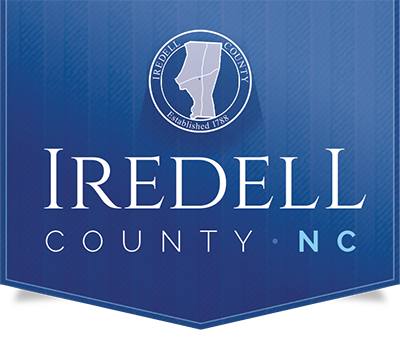Everyone involved in the child welfare system plays a key role in keeping placements stable and preventing disruptions. It starts at the beginning when licensing agencies match youth with resource par- ents that will be the best fit for them. It continues as agencies, resource parents, guardians ad litem, and other team members identify youth needs and work hard to meet them in an effort to keep youth stable until permanency can be reached.
We spoke with Iredell County, North Carolina’s permanency planning and licensing teams and asked them “What do you do to keep placements stable and support your resource parents?” The information below is what they shared with us:
We provide assistance 24/7 and:
- Answer the phone when called to offer immediate support
- Allow resource parents the opportunity and a safe place to vent about frustrations
- Regularly review key pre-service training topics like trauma triggers
- Assist with transportation, child care, and appointments
- Update the Foster Parent Handbook with current information to support the complex needs of children in foster care
We provide innovative and on-going trainings that meet the needs of working parents including:
- Triple P (Positive Parenting Program)
- Together Facing the Challenge
- RPC (Resource Parent Curriculum)
- Training on Cultural diversity, shared par- enting, behavior management, attachment, grief and loss, and more
Seeing resource parents as partners by:
- Brainstorming together different approaches that meet the individual needs of families and youth
- Regularly seeking out feedback from resource parents on how to improve our services
- Keeping resource parents up to date on meetings, court hearings, and appointments
- Providing resource parents with information on the foster care process, next steps, and expectations
Connecting families and youth to services such as:
- Therapy
- WIC, SNAP, and TANF
- Summer camps, after and before school programs, tutoring, and other community engagement opportunities
Caring for and nurturing resource parents by:
- Promoting self-care opportunities
- Encouraging and coordinating respite
- Supporting them to take foster care “day-by-day”
- Connecting resource parents to one another through support groups
- Focusing on strengths as opposed to needs
Highlighting the amazing work resource parents do every day by:
- Spotlighting resource parents in a bimonthly newsletter and via email
- Having current resource parents share at TIPS-MAPP panel night to have open and honest conversations with prospective resource parents about topics like shared parenting, effective strategies, and more
All of these strategies contribute to the overall success of children in our custody. When we do that, we are supporting resource parents and keeping placements stable.
If you’re interested in learning more about how Iredell County implements any of these resources or strategies, contact Shayna Rouson, Permanency Planning Administrator II.
Special thanks to the Iredell County Permanency Planning and Licensing teams for contributing to this article including LaQuetta Brown, Taylor Burris, Veronica Dees, Tonya Knox, Rebecca LaManna, and Shayna Rouson


